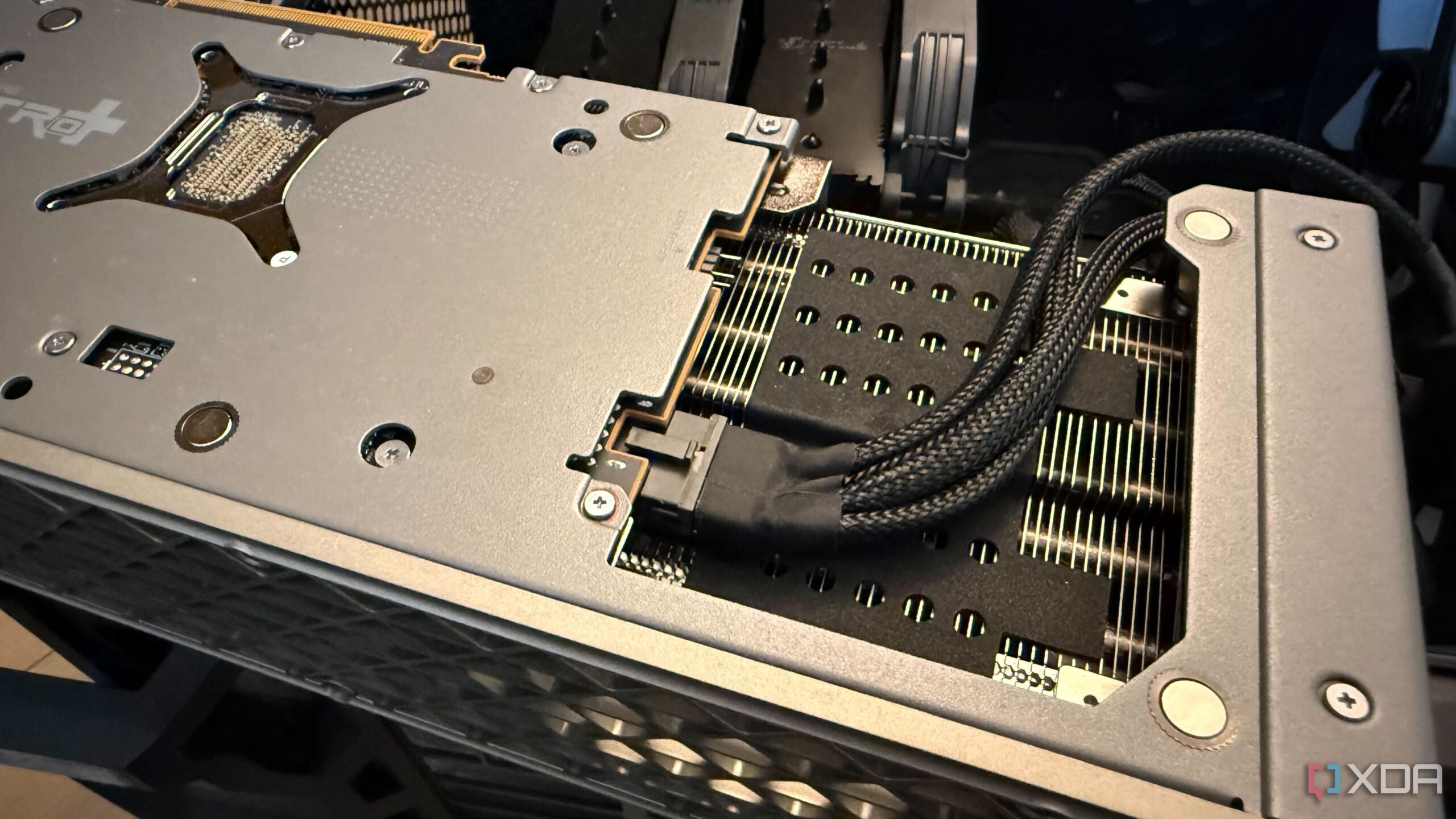Top Stories
Clock Speed Myths Debunked: Why It’s Time to Rethink PC Specs

URGENT UPDATE: A groundbreaking shift in how we evaluate gaming PC performance is taking center stage today. Experts are urging consumers to rethink the significance of clock speed when purchasing new components, a metric that has been overvalued for years.
New insights reveal that clock speed, often touted as a key indicator of a processor’s capability, is becoming increasingly irrelevant. This revelation is crucial for gamers and PC builders seeking optimal performance. The clock speed of a CPU or GPU measures cycles per second, but modern architectures make this figure misleading when comparing different brands or generations.
For instance, the Ryzen 7 7800X3D often outperforms the i9-12900KS in gaming despite having a lower boost clock. This discrepancy stems from their architectural designs and cache capacity, which play a more significant role than raw frequency.
NEW REPORTS: As of October 2023, many industry experts are emphasizing that IPC (instructions per clock) is a far better performance indicator. Two processors may operate at the same clock speed, but one with a higher IPC will consistently outperform the other. This shift has been fueled by advancements in chip design, with newer architectures allowing for faster operations without necessarily increasing clock speeds.
The AMD FX-9590 was the first CPU to hit the 5GHz mark over a decade ago, but the industry has stabilized around this frequency. Today, the focus has shifted to efficiency and throughput rather than merely achieving higher GHz numbers. The Zen 5 architecture, for example, does not rely solely on clock speed improvements to enhance performance.
Additionally, both Intel and AMD now utilize dynamic algorithms that adjust processor speeds based on real-time conditions such as temperature and voltage. This means that advertised boost clocks are not guarantees; they are more akin to best-case scenarios.
For consumers, this information is vital. When considering new builds, focusing solely on clock speed can lead to uninformed decisions. Some gaming titles may still benefit from higher frequencies, particularly those that are single-threaded, but such instances are becoming rarer.
The implications of this paradigm shift are profound. Gamers seeking high-performance builds must now prioritize architectural efficiency, cache hierarchy, and memory bandwidth over traditional clock speed metrics. Experts assert that a cooler, quieter machine that sustains its clock speeds will outperform one that spikes high but throttles under load.
As the gaming and tech communities respond to this urgent call for change, the focus is on educating consumers about the new landscape of PC building. The conversation is evolving, and those still clinging to outdated clock speed myths risk falling behind in a rapidly advancing technological environment.
Stay tuned for further updates on this developing story as the tech industry continues to adapt to these insights. The future of gaming performance is here, and it’s time to embrace a new way of thinking about your next PC build.
-

 Science3 weeks ago
Science3 weeks agoInventor Achieves Breakthrough with 2 Billion FPS Laser Video
-

 Health4 weeks ago
Health4 weeks agoCommunity Unites for 7th Annual Into the Light Walk for Mental Health
-

 Top Stories4 weeks ago
Top Stories4 weeks agoCharlie Sheen’s New Romance: ‘Glowing’ with Younger Partner
-

 Entertainment4 weeks ago
Entertainment4 weeks agoDua Lipa Aces GCSE Spanish, Sparks Super Bowl Buzz with Fans
-

 Business4 weeks ago
Business4 weeks agoTyler Technologies Set to Reveal Q3 Earnings on October 22
-

 Entertainment4 weeks ago
Entertainment4 weeks agoMother Fights to Reunite with Children After Kidnapping in New Drama
-

 Health4 weeks ago
Health4 weeks agoCurium Group, PeptiDream, and PDRadiopharma Launch Key Cancer Trial
-

 World4 weeks ago
World4 weeks agoR&B Icon D’Angelo Dies at 51, Leaving Lasting Legacy
-

 Health4 weeks ago
Health4 weeks agoNorth Carolina’s Biotech Boom: Billions in New Investments
-

 Top Stories3 weeks ago
Top Stories3 weeks agoFormer Mozilla CMO Launches AI-Driven Cannabis Cocktail Brand Fast
-

 Entertainment4 weeks ago
Entertainment4 weeks agoRed Sox’s Bregman to Become Free Agent; Tigers Commit to Skubal
-

 Science4 weeks ago
Science4 weeks agoNorth Carolina’s Biotech Boom: Billions Invested in Manufacturing









